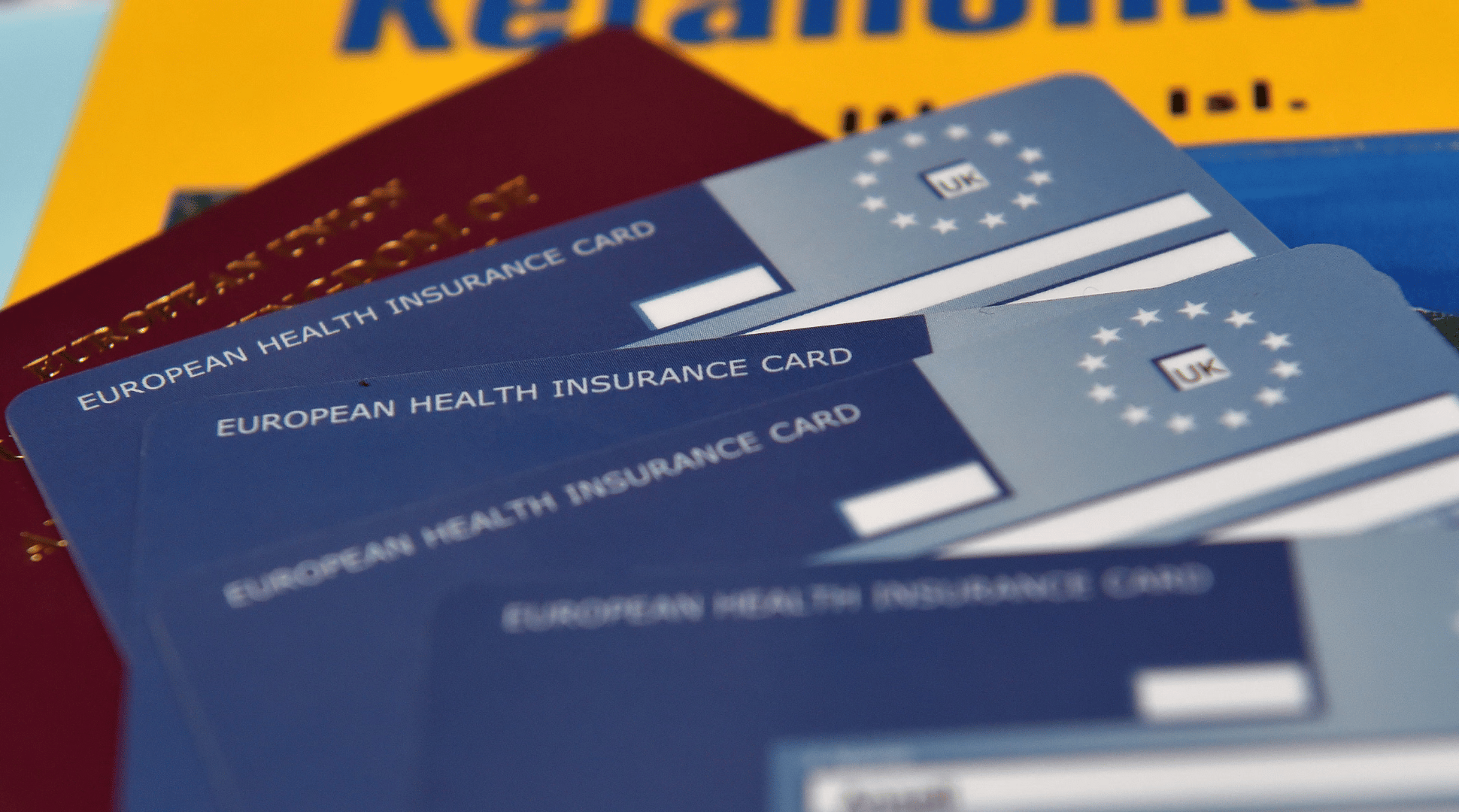A colleague and good friend of mine has just returned from a cruise around Northern Europe. She was travelling with her mum, who unfortunately became poorly while they were in Helsinki.
Thankfully, she had travel insurance, which is absolutely essential when you’re travelling — particularly on a cruise. It’s what covers things like the ship’s medical facilities, potential repatriation fees, and any extra costs you might incur if your trip is disrupted.
However, what really helped with her mum’s treatment ashore was the fact she also had a GHIC – the UK Global Health Insurance Card.

What does a GHIC do?
The GHIC gives you access to state-provided healthcare in EU countries (including Finland) either for free or at the same cost a local would pay — much like using the NHS at home.
So while your travel insurance looks after the big things, like private care or getting you home, your GHIC covers day-to-day or emergency medical treatment within the EU. Together, they make a perfect pair.
Where can you use it?
The GHIC is valid throughout the European Union — so countries like Spain, France, Italy, Greece, Portugal, and more.
It’s not valid in Norway, Iceland, Liechtenstein or Switzerland, so if you’re heading there, make sure your travel insurance provides full medical coverage.
When and how to get one
While you can apply for a GHIC if you find yourself needing one abroad, I always recommend doing it before you travel — it’s one less thing to worry about if something unexpected happens.
It’s completely free and takes around two weeks to arrive by post. You can apply directly through the official government website here:
Apply for a UK Global Health Insurance Card (GHIC)
How long does it last?
Your GHIC is valid for five years, so once you have it, you’re covered for all your EU travels during that time — whether it’s a quick city break or a Mediterranean cruise.
My advice?
- Always carry both your GHIC and travel insurance – they cover different things.
- Take a photo of your GHIC and keep it on your phone.
- Keep the NHS emergency number (112) handy when abroad – it works across the EU.
- Apply for your card early and check it’s still valid before every trip.
Travel can be full of surprises — usually wonderful ones, but sometimes challenging. Having the right protection in place means you can focus on what really matters: enjoying your time away.
If you need more information, we offer free advice. Just give us a call on 01902 288104, send us a message, or book a meeting.